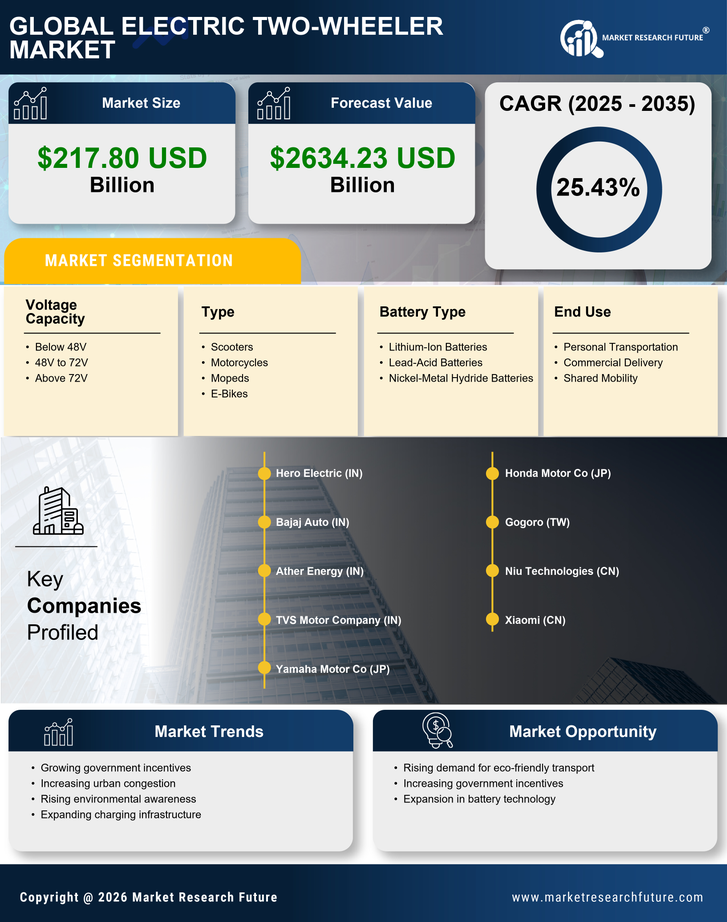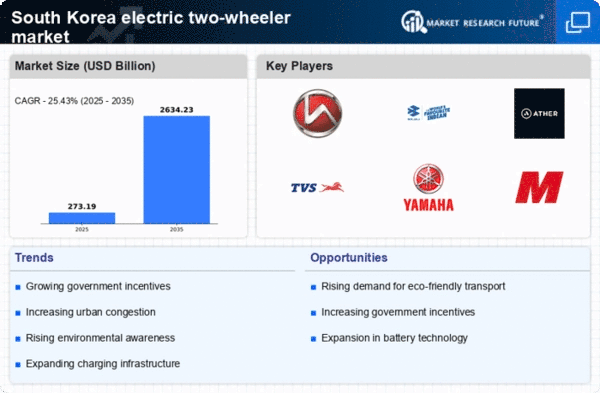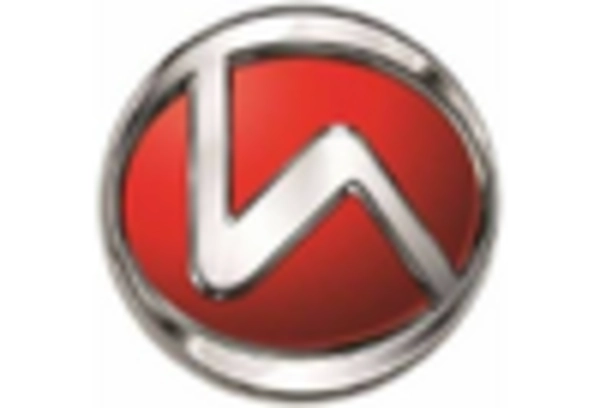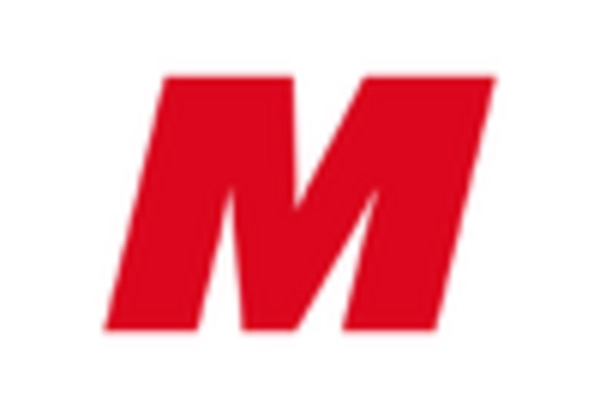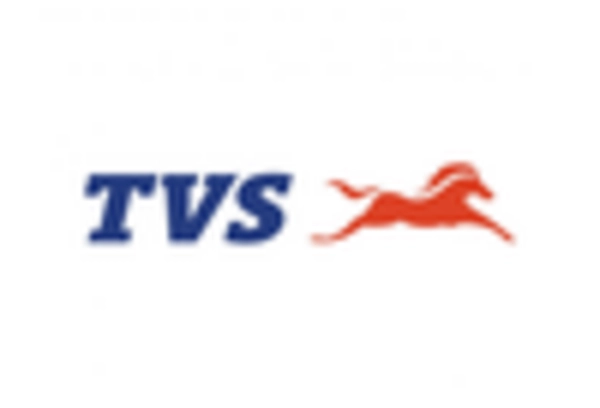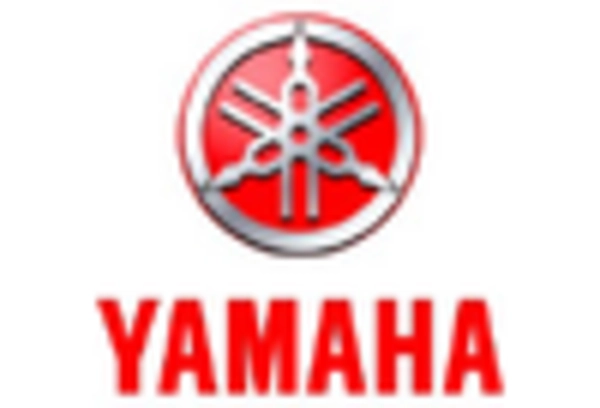Rising Fuel Prices
The escalating prices of fossil fuels in South Korea are driving consumers towards the electric two-wheeler market. As traditional fuel costs continue to rise, the economic appeal of electric two-wheelers becomes more pronounced. In 2025, fuel prices have surged by approximately 15%, prompting consumers to seek alternatives that offer lower operational costs. Electric two-wheelers, with their reduced energy expenses, present a viable solution. This shift not only reflects a change in consumer behavior but also indicates a broader trend towards sustainable transportation. The electric two-wheeler market is likely to benefit from this economic pressure, as more individuals consider the long-term savings associated with electric mobility. Consequently, the market is expected to expand as consumers prioritize cost-effective and environmentally friendly transportation options.
Environmental Awareness
There is a growing awareness of environmental issues among South Korean consumers, which is positively influencing the electric two-wheeler market. As concerns about air quality and climate change intensify, more individuals are seeking eco-friendly transportation options. The electric two-wheeler market is positioned to benefit from this shift in consumer mindset, as these vehicles produce zero emissions during operation. In 2025, surveys indicate that over 60% of consumers prioritize sustainability when making transportation choices. This heightened environmental consciousness is likely to drive demand for electric two-wheelers, as consumers increasingly recognize the importance of reducing their carbon footprint. The electric two-wheeler market is expected to thrive as it aligns with the values of environmentally conscious consumers, potentially leading to increased sales and market penetration.
Advancements in Battery Technology
Recent advancements in battery technology are playing a crucial role in shaping the electric two-wheeler market. Improved battery efficiency and reduced charging times are making electric two-wheelers more appealing to consumers. In 2025, the introduction of new battery technologies has led to a 30% increase in range for electric two-wheelers, addressing one of the primary concerns of potential buyers. This enhancement in performance is likely to attract a broader audience, as consumers seek vehicles that offer convenience and reliability. The electric two-wheeler market stands to gain from these technological improvements, as they not only enhance user experience but also contribute to the overall perception of electric mobility as a viable alternative to traditional vehicles.
Government Regulations on Emissions
The South Korean government has implemented stringent regulations aimed at reducing vehicle emissions, which is significantly impacting the electric two-wheeler market. These regulations are designed to promote cleaner transportation options and encourage the adoption of electric vehicles. In 2025, new policies mandate that a certain percentage of all new two-wheelers sold must be electric, creating a favorable environment for the electric two-wheeler market. This regulatory framework not only incentivizes manufacturers to invest in electric technology but also encourages consumers to consider electric options. As compliance with these regulations becomes essential, the electric two-wheeler market is likely to see accelerated growth, driven by both policy enforcement and consumer adaptation to cleaner alternatives.
Urbanization and Traffic Congestion
The rapid urbanization in South Korea is contributing to increased traffic congestion, which in turn is fostering growth in the electric two-wheeler market. As cities become more densely populated, the need for efficient and compact transportation solutions becomes critical. Electric two-wheelers offer a practical alternative to traditional vehicles, allowing for easier navigation through congested urban areas. In 2025, urban areas are experiencing a 20% increase in traffic congestion, making electric two-wheelers an attractive option for commuters. This trend suggests that as urban populations continue to grow, the demand for electric two-wheelers will likely rise, driven by the need for convenient and agile transportation solutions. The electric two-wheeler market is poised to capitalize on this urban shift, appealing to consumers seeking to avoid the frustrations of traffic.
